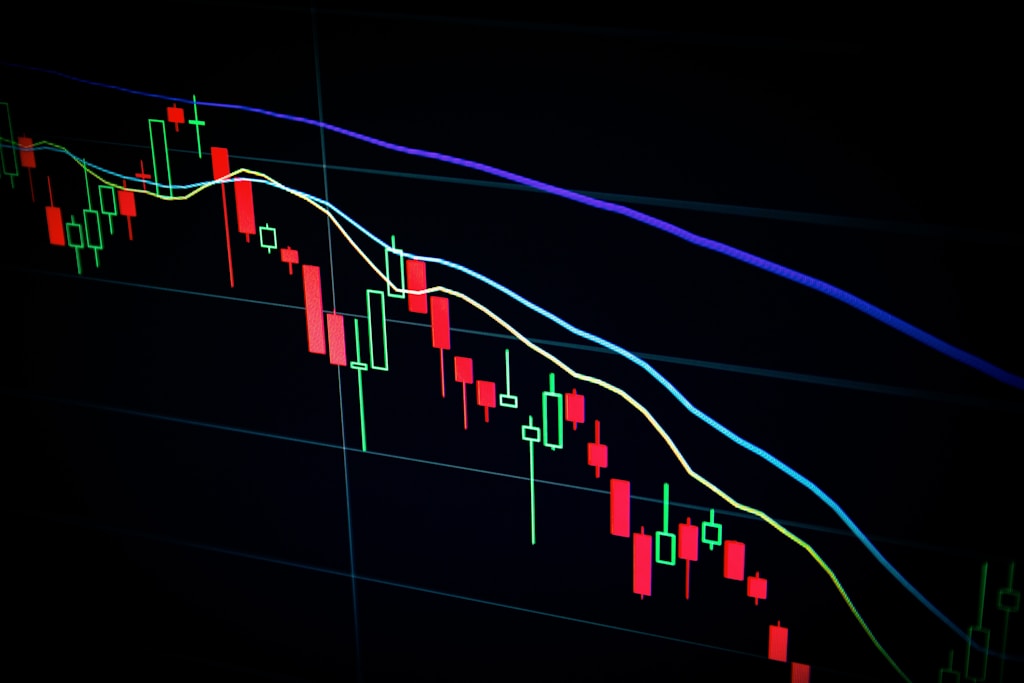Key Takeaways:
- Former Cardano COO Jerry Fragiskatos cautions against favoring US-developed cryptocurrencies in national reserves
- The warning comes amid broader discussions about digital asset stockpile strategies
- Experts emphasize the importance of merit-based selection over geographical considerations
In a significant development for US cryptocurrency policy, former Cardano Chief Operating Officer Jerry Fragiskatos has issued a stark warning against implementing nationally biased approaches to digital asset reserve strategies. This comes as central banks worldwide are actively pursuing de-dollarization initiatives, making the composition of national digital reserves increasingly critical.
Understanding the National Bias Concern
Fragiskatos’s warning specifically addresses the growing tendency among US policymakers to favor domestically developed cryptocurrencies when considering digital asset reserves. This preference, while politically appealing, could potentially undermine the effectiveness of the nation’s crypto strategy.
The Global Nature of Cryptocurrency
The former Cardano executive emphasizes that cryptocurrency’s fundamental value lies in its borderless nature. Implementing geographical restrictions could:
- Limit access to innovative blockchain solutions
- Reduce portfolio diversification opportunities
- Create artificial barriers in a naturally global market
Impact on US Digital Asset Strategy
The implications of this perspective are particularly relevant as regulatory frameworks continue to evolve under new administration policies. A merit-based approach to cryptocurrency selection could better serve national interests.
Expert Analysis and Market Impact
Market analysts suggest that adopting a geographically neutral approach could enhance:
- Portfolio optimization potential
- Risk management capabilities
- Access to emerging blockchain innovations
Frequently Asked Questions
Q: How might national bias affect US crypto reserves?
A: National bias could limit access to innovative solutions and reduce portfolio diversification opportunities.
Q: What alternatives are suggested?
A: A merit-based selection process focusing on technical capabilities and real-world utility.
Q: How does this relate to global crypto adoption?
A: It highlights the importance of maintaining an open, globally integrated approach to cryptocurrency adoption.

